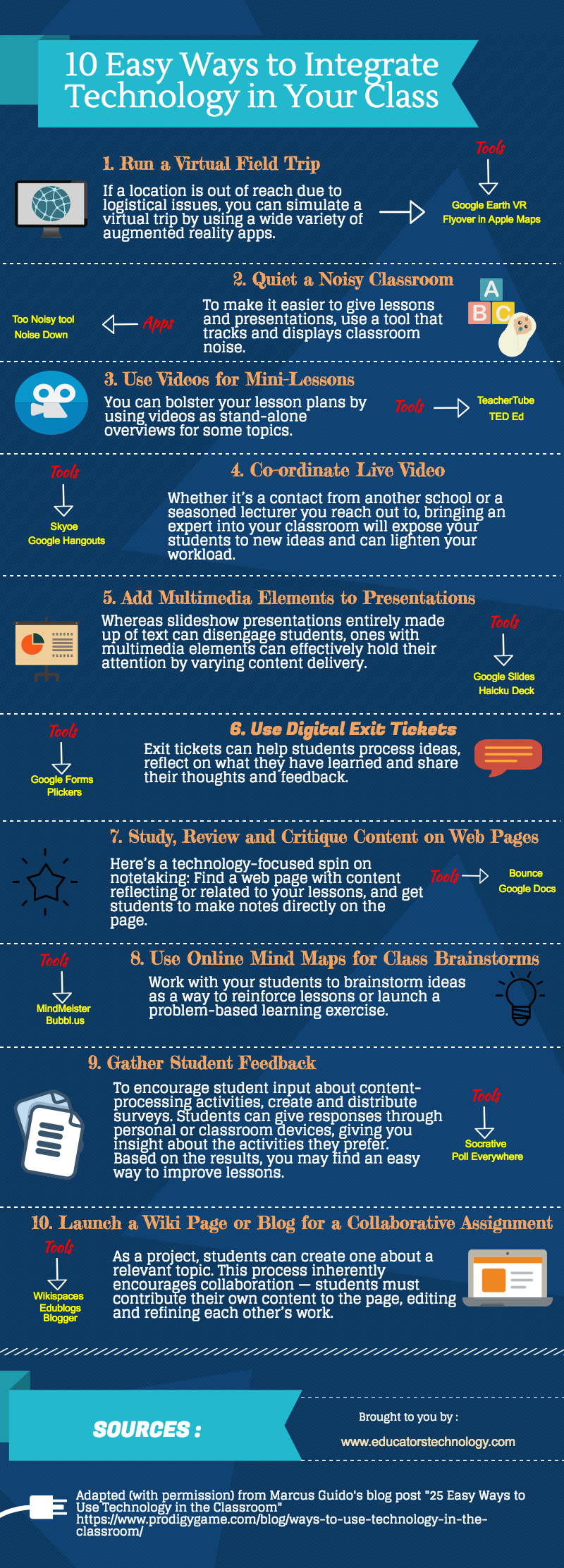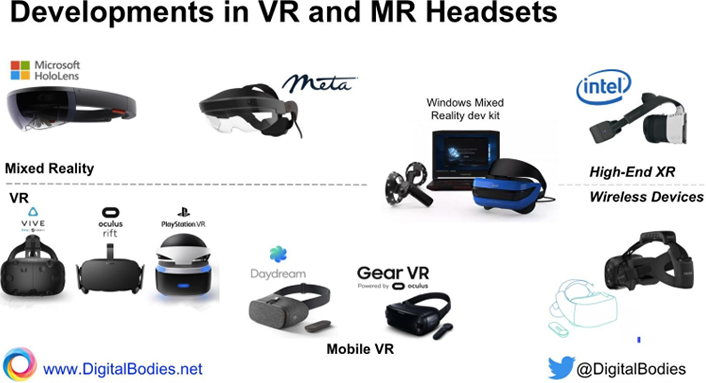convocation fall 2017
Watch our live presentation at:
https://www.facebook.com/InforMediaServices/
#SCSUconvocation2017 #VRlib
Digital Literacy for St. Cloud State University
Watch our live presentation at:
https://www.facebook.com/InforMediaServices/
#SCSUconvocation2017 #VRlib
Date of Publication: 04.16.17.
GPU is short for graphics processing unit.
When a PC or a game console runs this virtual world, the GPU chips play an unexpectedly large role, taking so much of the burden off the main processor.
For decades, the processing power available from individual computer chips increased every 18 months or so, according to the oft-quoted Moore’s Law. But in recent years, this trend has begun to slow, even as modern software applications demanded far more processing power than ever before
Companies and coders are now moving workloads off the main CPU and onto a wide range of alternative processors. If they can’t get enough processing power from a single chip, they need many.
Meanwhile, Microsoft has already build a specialized processor for its Hololens augmented reality headset to help the device keep track of your movements, among other things. In the end, this is yet another example of computing tasks shiftings off the CPU and onto something else.
+++++++++++++++++
more on VR in this IMS blog
https://blog.stcloudstate.edu/ims?s=virtual+reality
https://plus.google.com/+Educatorstechnology/posts/VBxvfZMTAht

++++++++++++++++++++
more on technology integration in education in this IMS blog
https://blog.stcloudstate.edu/ims?s=technology+integration
By Joshua Bolkan 08/07/17
https://thejournal.com/articles/2017/08/07/report-vr-and-ar-to-double-each-year-through-2021.aspx
a new forecast from International Data Corp. (IDC).
Canada will see the fastest growth, with a CAGR of 145.2 percent over the forecast period. Other leaders in terms of growth include Central and Eastern Europe at 133.5 percent, Western Europe at 121.2 percent and the U.S. at 120.5 percent.
+++++++++++++++
An interview with the former Apple K–12 systems engineer, who will participate in multiple sessions during ISTE.
By Richard Chang 05/12/17
THE Journal: What do you think about virtual reality (VR) and augmented reality (AR) in the classroom? Is the cost point for VR prohibitive?
In virtual reality, one of my favorite apps is CoSpaces. It allows anyone to design a 3D space, and then interact with it in virtual reality.
Virtual reality can be quite affordable with Google Cardboard. We can get into basic interaction in VR with Cardboard. There are 40 or 50 VR apps where you can simply use Cardboard and explore. Google Street View allows you to do virtual viewing of many different locations. That technology augments what the teacher is doing.
+++++++++++++++
more on VR and AR in this IMS blog
https://blog.stcloudstate.edu/ims?s=virtual+reality
Where: Normandale Community College (G) When: August 3, 1:45 PM
join our discussion #mnsummit2017 #vrlib on Twitter (@scsutechinstruct) and Facebook: https://www.facebook.com/InforMediaServices/
http://www.cce.umn.edu/documents/CPE-Conferences/MELS/2017-MELS-Program-Booklet.pdf
++++++++++++++++++++
more on elearning summit MN in this IMS blog
https://blog.stcloudstate.edu/ims?s=mnsummit
+++++++++++++++++
more on VR in this IMS blog
https://blog.stcloudstate.edu/ims?s=virtual+reality
Authors: by Emory Craig and Maya Georgieva Monday, July 17, 2017
http://er.educause.edu/blogs/2017/7/a-new-world-vr-and-ar-tech-developments

We’re now seeing a move toward mid-range, standalone VR headsets with everything built into the device. Some include their own processors, while others, like the forthcoming Microsoft headset, will work with current desktops. Microsoft’s device claims to do both VR and a modified version of mixed reality
The low end of the VR spectrum has been dominated by Google Cardboard, with over 10 million distributed

AR burst into the public’s consciousness with the Pokemon Go craze in 2016. And Snap (formerly Snapchat) expanded the range of their social media platform with the release of Spectacles, their wearable glasses and World Lens filters that add digital objects to your environment. A second version of Spectacles may include far more extensive AR capabilities.
At Facebook’s spring F8 conference, Mark Zuckerberg made the case that our mobile cameras will be the first popular AR platform. Apple just announced ARKit for iOS at their June WWDC developers conference.
Meta Glasses has been developing its own mixed reality unit that offers a wider field of view than the 40° of HoloLens. And Intel’s Project Alloy promises a “Merged Reality” headset prototype combining both VR and AR by the end of this year.
Aryzon which is creating a Google Cardboard-like device for simple AR experiences. Another is the NOLO Project, which offers an HTC Vive-like experience with full freedom of movement using only a plastic headset and your phone.
++++++++++++++++++
Google Glass 2.0
http://www.telegraph.co.uk/technology/2017/07/19/google-brings-back-much-maligned-google-glass-headset/
https://motherboard.vice.com/en_us/article/nevkgb/google-glass-adopters-on-glass-enterprise
https://www.wired.com/story/google-glass-2-is-here/
+++++++++++++++++++++
https://thejournal.com/articles/2017/07/14/report-top-5-vendors-in-global-ar-education-market.aspx
Market research firm Technavio has identified the top five vendors in the global augmented reality (AR) in education market. The companies are EON Reality, DAQRI, GAMOOZ, Magic Leap and QuiverVision, according to a newly published report.
+++++++++++++++
more on VR in this IMS blog
https://blog.stcloudstate.edu/ims?s=virtual+reality
https://plus.google.com/+RoyHembree/posts/99Pm9cxVpSg
Hibiki Works is working on a VR dating sim called Niizuma: Lovely x Cation in which users create relationships with anime girls. As a promotion, the company had guys submit their names and a select few were chosen to participate in non-legal wedding ceremonies. The weddings were conducted with a cast of live people, including an actual priest and someone holding a wand with puckered lips on one end.
Source of GIF: https://youtu.be/RYNdiLrvwzA
++++++++++++++++++++++
more on virtual reality in this IMS blog
https://blog.stcloudstate.edu/ims?s=virtual+reality
more on social media and online dating in this IMS blog
https://blog.stcloudstate.edu/ims/2015/08/18/sociology-and-social-media/
http://www.freetech4teachers.com/2017/06/4-virtual-reality-videos-about.html
++++++++++++++++
more on VR in this IMS blog
https://blog.stcloudstate.edu/ims?s=virtual+reality
Dr. Baiyun Chen, OLC Institute faculty for the Blended Learning Mastery Series: Research into Practice, joins us to discuss the future of blended learning in higher education
The design of blended learning curriculum will be more diversified and personalized with the integration of creative in-class active learning strategies and innovative educational technologies, such as adaptive learning, virtual reality, mobile technologies
Quality assurance is the biggest challenge with implementing blended learning in the higher education environment today. I would propose institutions to adopt evidence-based standards for course evaluations. For instance, the OLC Quality Scorecard for Blended Learning Programs
+++++++++++++++++++
more on blended learning in this IMS blog
https://blog.stcloudstate.edu/ims?s=blended+learning